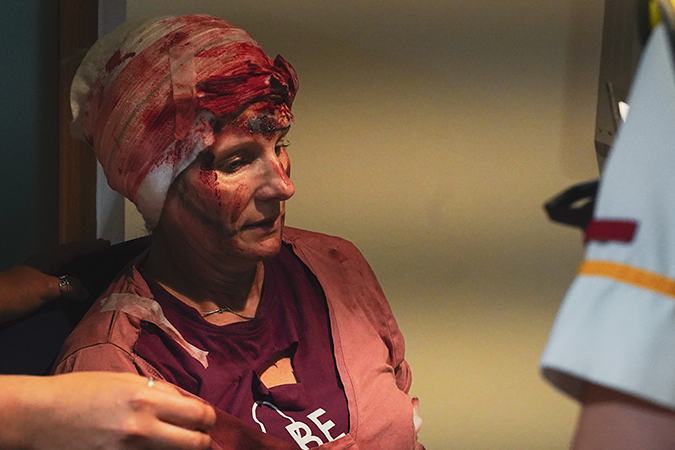
Blog

Eating disorders are complex mental illnesses and anyone, no matter what their age, gender or background, can develop one. With any mental health disorder, it’s important to have an open dialogue between your friends and family about what can cause them, how to spot them and how they can be treated.
With it being National Eating Disorder week, we’ve compiled a few tips on how to spot an Eating Disorder and help those who may be suffering.
Is there a change in their eating habits?
Sometimes eating disorders can start off with small changes. We spoke to one of our colleagues, Hannah, who had a family member suffering with an eating disorder. She mentions that at the start of her eating disorder, her family member decided to go vegetarian. They later discovered this was a way for her to cut down on calories, but they didn’t think much of it at the time.
Are they exercising more or exercising excessively?
Hannah states that her family member was always sporty, but she went from exercising a couple of times per week to becoming obsessive about getting a certain amount of exercise in and was exercising a lot more than would be normal for even very sporty individuals.
Are there any wardrobe changes?
A change in style can be a big indication that something isn’t right. Hannah told us that her family member became visibly thinner, but in day to day life, they didn’t notice due to the fact she had started to wear baggy jumpers and loose clothing instead of her usual skinny jeans and crop tops.
Have you actually seen them eat recently?
While it’s important not to jump to conclusions, if someone stops eating in public, or repeatedly excuses themselves to go to the bathroom straight after meals, it might be a sign that something’s not right.
Is there a change in attitude?
If you’re noticing a change in behaviour or attitude, such as a lack of energy, not being their usual social self, bad skin, a deterioration in dental hygiene, hair loss or mood swings, it might be time to have a conversation. It might be nothing, but it’s always best to reach out and show your support.
Offering Support:
If you’re having concerns about someone but don’t feel comfortable talking to them yourself, you could try to talk to someone closer to them such as a friend or family member, or you could share your concerns with your personal tutor. It might be that they already have a diagnosed eating disorder that they haven’t told you about, however just letting them know that you’re there for them can be a huge help in their recovery.
Where to get support
Beat Eating Disorders has a helpline, youthline and dedicated studentline you can call for advice and support. You can also visit our Student Affairs team, who can offer you helplines for our mental health services and other advice.





